A one-day workshop
Conflict is a word that conjures up many emotions. It is something that most people would prefer to avoid, if possible. Work can be an emotive place. Positive relationships can make your life at work exciting, motivating and challenging, whilst relationships that do not hold value to you could make your life very difficult and stressful, especially if there is conflict between you and your manager. This course is essential for people who want to understand where conflict can be used to positive effect and how to manage conflict in your working relationships and see it as something positive that can stimulate the environment.
Research has shown that relationships at work are an extremely high motivational factor, and for a lot of people it has a higher importance that salary! Therefore, it is essential that we invest in relationships and search out new ways to make them better in order to have a more positive influence on our surroundings. By understanding why other people are in conflict we can manage the conversation a lot better, with outcomes managed more effectively so the ‘conflict’ will add value to the organisation.
This participative event will cover a wide variety of exercises and personal stories, and leave course participants with a clear strategy to identify when they are in conflict with someone and how they will structure their approach to get to a satisfactory outcome.
- Know their key relationships and the strength of those relationships
- Complete the Strengths Deployment Inventory (SDI) to identify where you deploy your strengths
- Understand what is important to you and your key stakeholders
- Know how motivational value systems can influence behaviour
- Tailor your communication style to match that of your opposite party
- Know conflict strategies to resolve conflict in others
- Learn to be more assertive when challenging
- Achieve key personal, departmental and organisational objectives
Who should attend?
This programme enables individuals to understand motivational and conflict theory. Participants can come from all levels in the organisation, the common denominator being that they should all want to manage conflict more effectively. Whether the participants manage a team or not they will benefit from this event.
Format
This is a one-day workshop that uses the SDI as its core learning tool. There is an emphasis not just on learning but on the application of the learning. It will be highly participative, with each person sharing their experiences and their challenges and both the facilitator and colleagues in the room providing direction and solutions.
Expert trainer
Cyrus is Managing Director of Maximum Performance, specialists in individual, team and organisational performance. An enthusiastic and extremely competent trainer and facilitator, he is an outstanding communicator, with over 27 years’ experience in the L&D field. He has worked for a range of private and public sector organisations, with his later years spent within the Ministry of Justice, as an internal L&D consultant. Cyrus works through the whole L&D piece, from consultancy to design, to pilot and delivery to evaluation. He delivers both public and bespoke interventions to clients such as Thomson Reuters, The BBC, Legoland Windsor and Mouchel, to name a few. He is passionate about coaching and his style is very engaging but challenging when required.
Session outline
1. Where are you now?
- How effective are your current working relationships?
- Can I work effectively without the input from others?
- Who do you need to be a success?
2. The Strengths Deployment Inventory (SDI)
- Completion of the SDI questionnaire
- An understanding of the theory
- A ‘trip around the triangle’
- Predicting relationship interaction
- Your scores and what they mean in your relationships
3. Conflict theory
- What is conflict?
- The 3 flags of conflict
- What are your conflict triggers?
- Your conflict scores plotted
- The conflict sequence
4. Conflict resolution strategies
- Early warning signs
- Most productive behaviours
- Least productive behaviours
- Preventable / unwarranted conflict
- Review of the dynamic triangle
- Review of the day, personal learning and action planning









